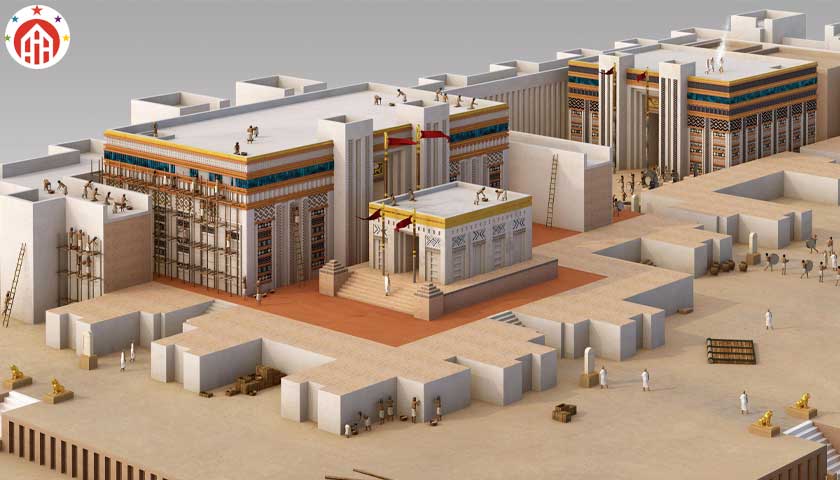The Evolution of Hotels: A Glimpse into the First Hotels
Hotels have played a significant role in human history, providing travelers with a place to rest and seek shelter throughout the ages. The concept of a hotel, as we understand it today, has evolved over time. In this article, we delve into the origins of the first hotels, tracing their development from ancient civilizations to the early modern era.
The first known hotel in recorded history is believed to be the Akkadian Palace Hotel, which dates back to around 2400 BCE in the ancient city of Ur, located in present-day Iraq. It was built during the Akkadian Empire and served as an accommodation for important guests and travelers.
The Akkadian Palace Hotel was a grand structure that featured multiple rooms, courtyards, and facilities for guests. It provided a place to rest, eat, and conduct business. The hotel was likely reserved for royalty, officials, and influential individuals visiting the city.
While there is limited information available about the specifics of the Akkadian Palace Hotel, its existence signifies the early recognition of the need for designated accommodations to cater to travelers’ needs and offer them comfort and hospitality.
It’s important to note that the concept of a hotel has evolved significantly over time, with various forms of lodging and accommodation preceding the modern hotel as we know it today. Nevertheless, the Akkadian Palace Hotel stands as an early example of a purpose-built establishment dedicated to providing hospitality services to travelers in ancient Mesopotamia.
Ancient Inns and Guesthouses:
In ancient civilizations such as Mesopotamia, Egypt, and Greece, inns and guesthouses emerged to accommodate travelers. These early establishments offered basic amenities, including a place to sleep, food, and sometimes stables for travelers’ horses. The Inn of the Flying Horse in ancient China and the Taberna in ancient Rome are notable examples of these early accommodations.
Caravanserais and Hospices:
During the Middle Ages, caravanserais were established along trade routes, particularly in the Islamic world. These roadside inns catered to merchants and their caravans, offering secure lodging, stables, and storage facilities. In Europe, hospices provided shelter for pilgrims traveling to religious sites, such as the hospices along the Camino de Santiago in Spain.
Coaching Inns and Stagecoach Travel:
With the rise of stagecoach travel in the 17th and 18th centuries, coaching inns gained prominence. These establishments were strategically located along major routes and provided accommodation, food, and stabling for travelers and their horses. Coaching inns, like the George Inn in London, became bustling centers of social activity and commerce.
Early Modern Era: The Birth of Luxury Hotels:
The 19th century witnessed the birth of luxury hotels. The Tremont House in Boston, opened in 1829, is considered one of the first modern hotels. It featured private rooms with locks, indoor plumbing, and a high level of service. In Europe, grand hotels like the Hotel de Crillon in Paris and the Ritz Hotel in London began to cater to affluent travelers, offering opulent accommodations and fine dining experiences.
The Impact of Industrialization and Travel:
The Industrial Revolution brought advancements in transportation, such as steamships and railways, leading to an increase in travel. This, in turn, fueled the growth of hotels. Establishments like the Savoy Hotel in London, known for its luxurious amenities and innovative services, epitomized the changing landscape of hotels in the late 19th and early 20th centuries.
The evolution of hotels is a testament to the ever-changing needs and desires of travelers throughout history. From humble ancient inns to the luxurious hotels of today, the concept of hospitality has continuously evolved. The first hotels laid the foundation for the vibrant hospitality industry we know today, shaping the way we experience travel and accommodation.
As time progressed, hotels expanded their services, amenities, and global reach, accommodating a diverse range of travelers with various needs and preferences. Yet, the essence of providing a comfortable and welcoming space for travelers remains at the core of the hotel industry, a legacy that can be traced back to the earliest days of human civilization.



